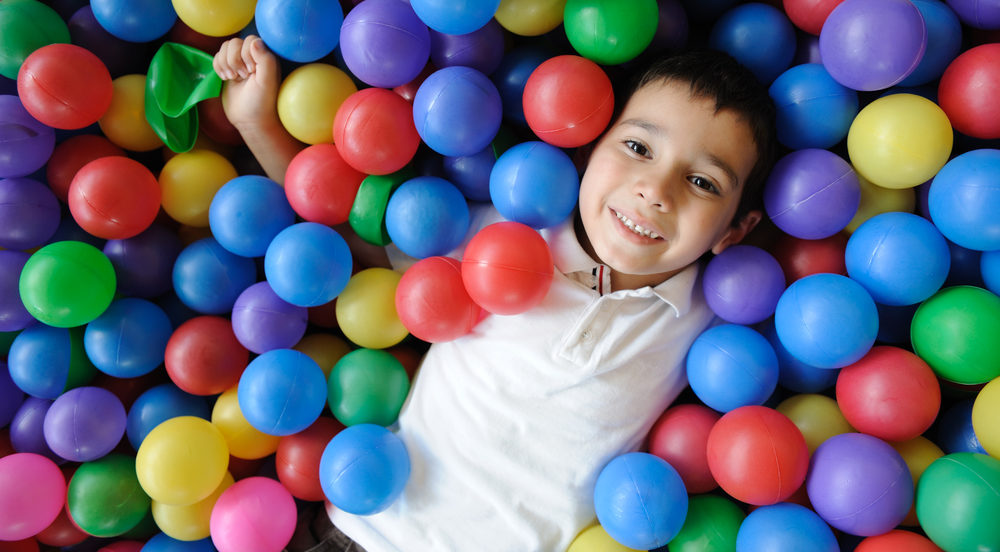The period from 12-24 months is an exciting time in your child’s development. As parents we all want to see our child meet ‘milestones’ appropriately, but it is important to understand that –particularly in terms of speech and language development –this age has the widest span of what we consider ‘normal’. Some 12 month olds have many words, others are still babbling. Some 18 month olds can put 2 or 3 words together, others may have 10 words in total. All are considered in the range of ‘normal’, so let’s go over what ‘normal’ actually means!
Receptive Language means comprehension –what your child understands. He or she
- should be able to follow simple instructions and answer simple questions. When you ask “Where’s teddy?” – they look around for teddy.
- should be able to follow simple instructions like “Get your shoes”or “Kick the ball”
- should point out common objects in books when you say them –like car or ball (although remember this can reflect individual interests –some might point out cars, while others will only point to sea animals).
Expressive Language means what your child says. By 18 months, your child should have a minimum of 5 spoken words, but could have upwards of 50. This is an average. Your child is learning new words daily, sometimes they seem to learn 20 new words in one day, then not say a new word for a week. It is normal for children to “lose”words, or not use them for a while. It is not normal for a child to develop language then stop talking or basically lose all words.
Your toddler will become more and more interested in books, able to sit for longer and participate by turning pages, pointing to named objects, or naming them themselves. Milestones that occur around this time include transitioning from single words to two word combinations. Your child’s speech may still be hard to understand but this is considered typical for age.
The 24 month old is starting to learn about relationships and recognise reactions in others. Time to push the boundaries – you say no, and he does it anyway! Two year olds know what they want and are bossy. Many have attachments to favourite toys and enjoy playing near (rather than “with”) other children. When playing alone, you may hear them self-talk or narrate in play.
Language development can be promoted in a variety of simple ways;
- Slow down and get face to face. Slow both your rate of speech and general ‘rush’. Get on the floor, face to face so your child is able to watch your face and mouth as you communicate.
- Follow your child’s lead. It’s the old story about the wrapping and the toy at Christmas!!! The paper and ribbon win every time. Learn how to read your child’s interests and build play around that.
- Listen with your eyes. Watch you kids and be quiet! Children communicate a lot without words, our busy lives mean we tend to miss these cues.
- Look expectant, wait for them to communicate with you rather than reading and responding to their intention before they’ve had a chance to say anything.
- Provide lots of communication opportunities. Don’t anticipate their needs and wants, wait for them to communicate with you.
Any concerns – speak to your Doctor or Speech Pathologist.
By Megan Ingram, Principal Speech Pathologist at Peninsula Speech Pathology Services
Peninsula Speech Pathology Services
is a private speech pathology practice with rooms in Mornington, Rosebud and Frankston. They provide services for children and adults.
For appointments, phone 5975 1500 or visit their website www.peninsulaspeech.com.au

